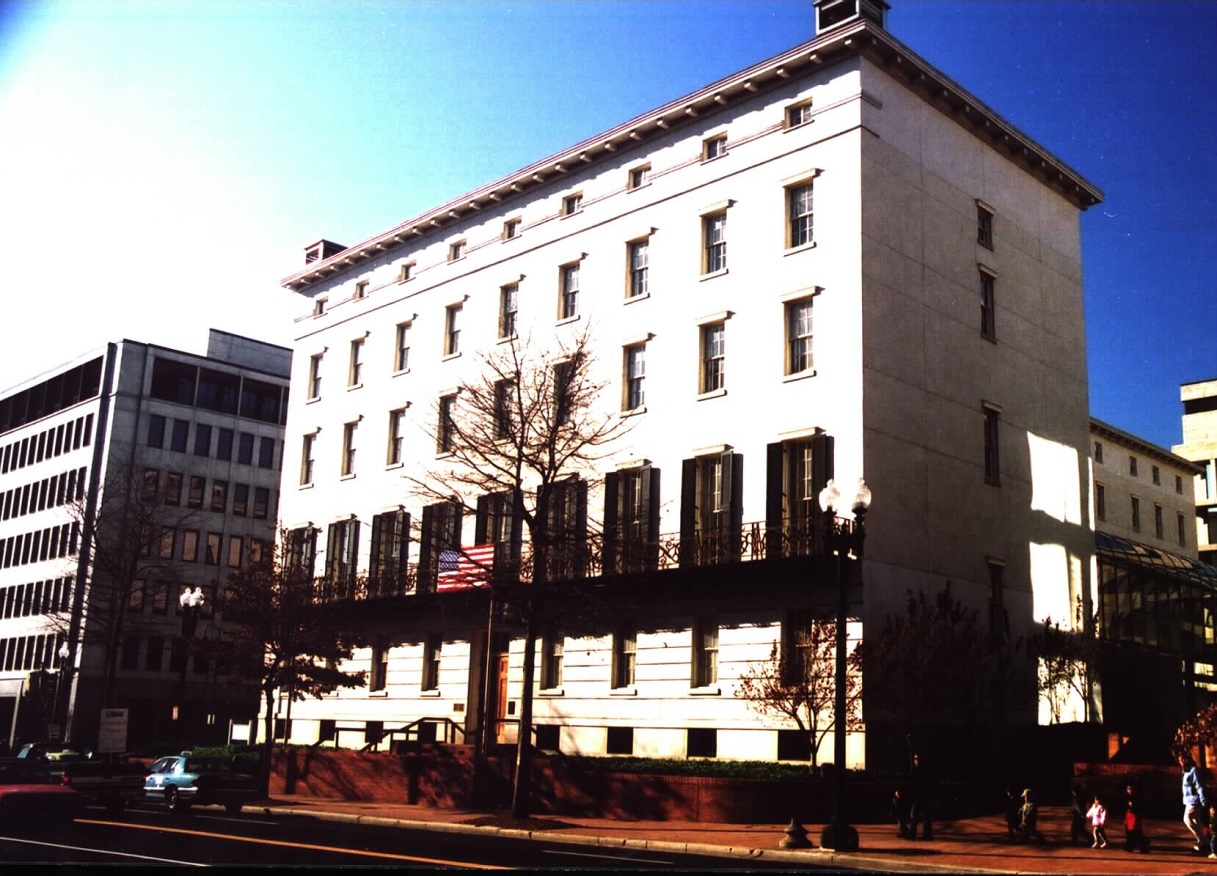President Trump has announced a shocking resumption of tariffs that could reach up to 70% on numerous imports, leaving American businesses and families in turmoil. Speaking at Andrews Air Force Base, he revealed plans to send out letters to various countries regarding these new duties, which will begin to take effect on August 1. The implications of these tariffs extend far beyond trade; they could significantly impact prices on everyday goods and deepen the economic divide in an already struggling middle class.
Tariffs Targeting Vulnerable Economies
The original set of tariffs, which ranged from 11% to 50%, was designed to impose a heavy burden on trading partners based on the trade balance with the U.S. As reported by Brookings, these tariffs disproportionately target smaller economies, which are already grappling with their own economic challenges. For instance, countries like Lesotho and the Democratic Republic of the Congo could see their export capabilities severely hampered, further entrenching global wealth inequality.
American Families Face Higher Costs
As Trump prepares to implement these tariffs, American families are left to wonder how this will affect their wallets. The administration"s decision to categorize tariffs based on arbitrary metrics ignores the reality that these costs will ultimately be passed down to consumers. According to USAGov, middle and lower-income families spend a significant portion of their income on imported goods. A 70% tariff could lead to skyrocketing prices on essential items, from clothing to electronics, making life even more unaffordable for working-class Americans.
\n\n
We Were Ignored": Veterans and Troops Detail Horrors of ...
Impacts on American Workers
This renewed focus on tariffs raises critical questions about the future of American workers. The manufacturing sector, which was already recovering slowly post-pandemic, could face new setbacks as companies navigate these steep tariffs. Businesses will be forced to make tough decisions about layoffs versus passing costs onto consumers. As reported by UWSP, the uncertainty surrounding these tariffs could stifle investment and innovation in industries that have been desperately trying to bounce back.
Economic Policy at a Crossroads
The Trump administration’s aggressive trade policies demonstrate a fundamental misunderstanding of global economics. The reliance on tariffs as a bargaining chip does not foster goodwill or cooperation among nations. Instead, it breeds resentment and retaliation, as seen in past trade wars. The ongoing changes in trade policy, as highlighted by experts, suggest that a more collaborative approach could yield better results for all parties involved.
\n\n
Did You Know?: The History of the USTR Winder Building ...
Calls for Progressive Alternatives
This situation underscores the urgent need for progressive economic policies that prioritize the needs of the many over the profits of the few. Instead of resorting to punitive tariffs, policymakers should focus on sustainable trade agreements that promote fair labor practices and environmental standards. The working class deserves more than the cycle of boom and bust that tariffs create. Advocating for a robust social safety net, including universal healthcare and higher wages, will be crucial in shielding American families from the fallout of reckless trade policies.







![[Video] Gunfire between Iraqi security forces and Sadr militias in Baghdad](/_next/image?url=%2Fapi%2Fimage%2Fthumbnails%2Fthumbnail-1768343508874-4redb-thumbnail.jpg&w=3840&q=75)
